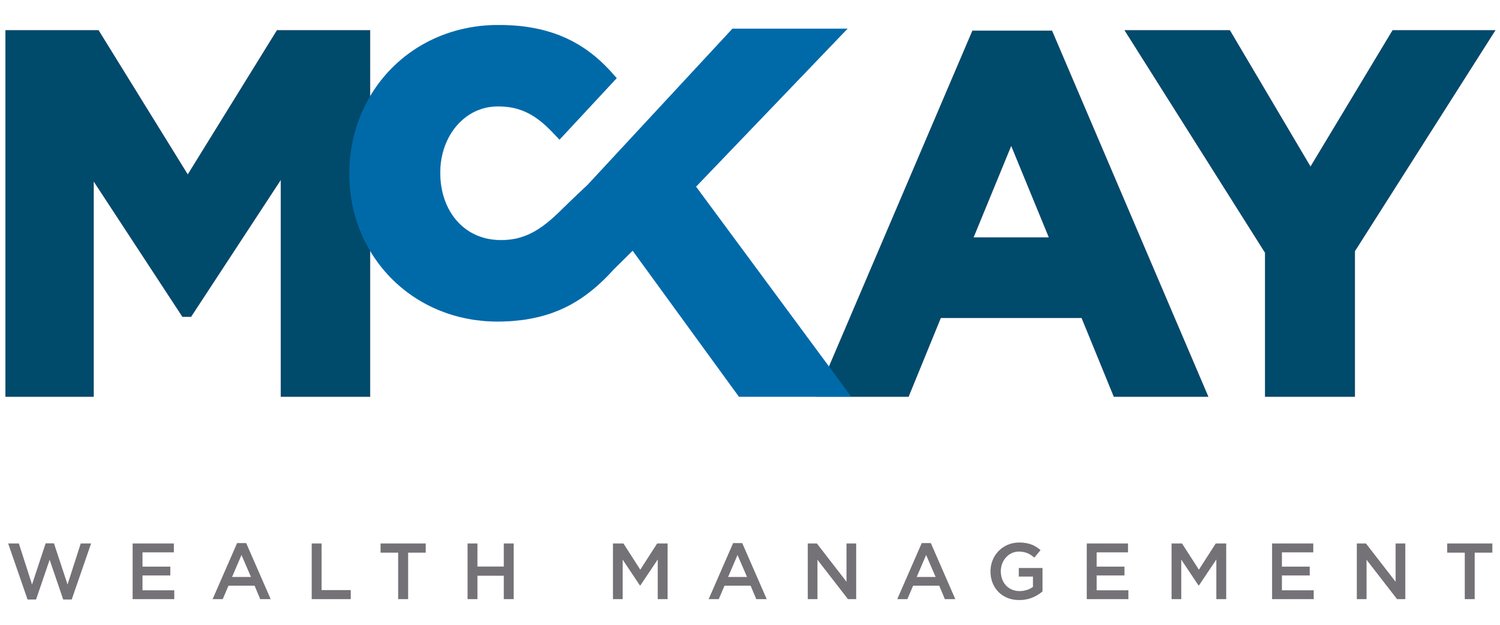Ready for Medicare? Key Considerations for Enrolling
Reaching the age of 65 is an exciting milestone, and it comes with important decisions about your healthcare coverage. Navigating the Medicare enrollment process can seem complex, but with the right information and support from Medicare Specialists, it becomes much more manageable. Here are some key considerations to help you make the best choices for your Medicare coverage:
Understanding the Basics of Medicare
Medicare is a federal health insurance program primarily for people aged 65 and older. It consists of four different parts, each covering specific services:
Part A (Hospital Insurance): Covers inpatient hospital stays, care in a skilled nursing facility, hospice care, and some home health care.
Part B (Medical Insurance): Covers certain doctors' services, outpatient care, medical supplies, and preventive services.
Part C (Medicare Advantage): An alternative to Original Medicare that allows you to choose health plans with at least the same coverage as Parts A and B, often including Part D.
Part D (Prescription Drug Coverage): Helps cover the cost of prescription drugs.
Enrollment Periods
It’s crucial to enroll in Medicare during the correct time periods to avoid penalties and ensure continuous coverage:
Initial Enrollment Period (IEP): This seven-month period begins three months before the month you turn 65 and ends three months after the month you turn 65.
General Enrollment Period (GEP): If you miss your IEP, you can sign up during the GEP from January 1 to March 31 each year, with coverage starting July 1. Be aware that late enrollment penalties may apply.
Special Enrollment Period (SEP): If you or your spouse are still working and covered under a group health plan, you may qualify for a SEP, allowing you to enroll without penalties when the employment ends.
Original Medicare and Medicare Advantage
One of the major decisions is whether to go with Original Medicare (Parts A and B) or Medicare Advantage (Part C). You may want to work with a Medicare Specialist to understand what is best for your circumstances.
Original Medicare: Offers flexibility in choosing doctors and hospitals but generally requires separate plans for prescription drugs (Part D) and supplemental coverage (Medigap) to cover additional costs.
Medicare Advantage: Often includes Part D and additional benefits like vision, dental, and wellness programs. However, you may be restricted to a network of providers.
Consider Additional Coverage
Medigap (Medicare Supplement Insurance): Helps cover out-of-pocket costs not covered by Original Medicare, such as copayments, coinsurance, and deductibles. It’s important to enroll during your Medigap Open Enrollment Period, which starts the first month you have Medicare Part B and are 65 or older.
Prescription Drug Coverage (Part D): Even if you don’t take many medications now, enrolling in a Part D plan can protect you from high costs in the future.
Evaluating Healthcare Needs and Budget
Assess your current and anticipated healthcare needs:
Chronic Conditions: If you have chronic conditions, you might prioritize plans that offer comprehensive coverage for ongoing treatments and medications.
Preferred Doctors and Hospitals: Ensure your preferred healthcare providers accept the plan you choose.
Out-of-Pocket Costs: Compare premiums, deductibles, copayments, and coinsurance to find a plan that fits your budget. Remember that lower premiums might mean higher out-of-pocket costs when you need care.
Reviewing Plan Options Annually
Medicare plans can change annually, so it’s wise to review your coverage every year during the Open Enrollment Period (October 15 to December 7). This is an opportunity to switch plans if your current one no longer meets your needs.
Seeking Professional Guidance
Navigating Medicare can be overwhelming, so don’t hesitate to seek help:
Medicare.gov: The official Medicare website offers detailed information and plan comparison tools.
State Health Insurance Assistance Program (SHIP): Provides free, unbiased counseling to help you understand your options.
Insurance Agents or Brokers: Can offer personalized assistance, though it’s important to ensure they represent multiple plans to provide a comprehensive view. Let us know if you need a referral to a Medicare Specialist.
Conclusion
Starting your Medicare journey is a crucial step in maintaining your health as you age. By understanding your options, evaluating your healthcare needs and budget, and seeking expert guidance, you can make informed decisions. Whether you’re enrolling in Medicare for the first time or reviewing your current plan, it’s always a good time to explore your options and ensure you have the best coverage possible.
